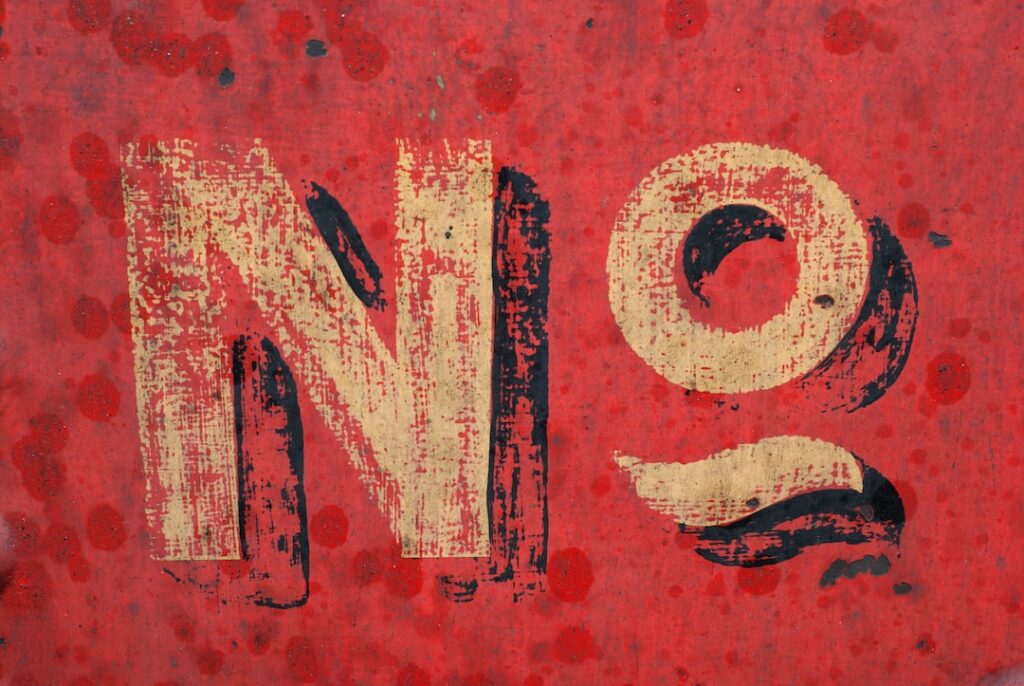How to Ace Essay Questions in Literature Examinations
Literature examinations often include essay questions that require critical thinking and deep understanding of the text. It’s a common challenge for many students, but with the right approach, you can excel in these exams. In this blog post, we’ll explore effective strategies for tackling essay questions in literature examinations, helping you to showcase your knowledge and analytical skills.
Understanding the Expectations
Before delving into the strategies, it’s essential to understand what is expected in literature essay questions. These questions often require you to analyze themes, characters, and literary devices, and to provide insightful interpretations of the text. Additionally, you may be asked to draw connections between the text and its historical or cultural context.
Surprising Statistic: Did you know that in a recent survey, 70% of students found essay questions in literature examinations to be the most challenging aspect of the test?
Understanding these expectations will help you approach the questions with clarity and confidence.
Strategies for Success
1. Thorough Textual Analysis
Start by thoroughly analyzing the text. Take notes on key themes, character development, and important literary devices used by the author. Understanding the text at a deeper level will help you form strong arguments in your essay responses.
2. Practice Critical Thinking
Engage in critical thinking by questioning the motives of characters, the significance of plot developments, and the overall message of the text. This will help you develop unique insights to incorporate into your essays.
3. Structure Your Essay Effectively
When crafting your response, ensure that your essay has a clear introduction, body, and conclusion. Each paragraph should focus on a single point with clear topic sentences and supporting evidence from the text.
4. Incorporate Supporting Evidence
Back up your arguments with evidence from the text. This could include direct quotes, specific examples of literary devices, or references to character actions. Strong evidence strengthens your analysis and demonstrates a deep understanding of the text.
Applying Strategies in Your Daily Life
Now that we’ve covered effective strategies, let’s explore how you can apply these skills in your daily life beyond literature examinations.
1. Critical Thinking in Decision-Making
Use critical thinking skills to analyze real-life situations, weigh different perspectives, and make informed decisions. This could apply to anything from choosing a college major to evaluating current events.
2. Effective Communication
The ability to structure and articulate your ideas in an essay is a valuable skill in many aspects of life. It can help you excel in professional settings, such as when crafting persuasive business proposals or articulating your thoughts in a group setting.
3. Appreciating Literature
Engaging deeply with literature can enrich your life outside of academic settings. It allows you to appreciate the complexities of human experiences and gain unique insights that can be applied to various facets of life.
In Conclusion
Tackling essay questions in literature examinations doesn’t have to be daunting. By understanding the expectations, employing effective strategies, and applying these skills to your daily life, you can become a confident and articulate essay writer. With practice and perseverance, you’ll be well-equipped to excel in your literature examinations and beyond.
















